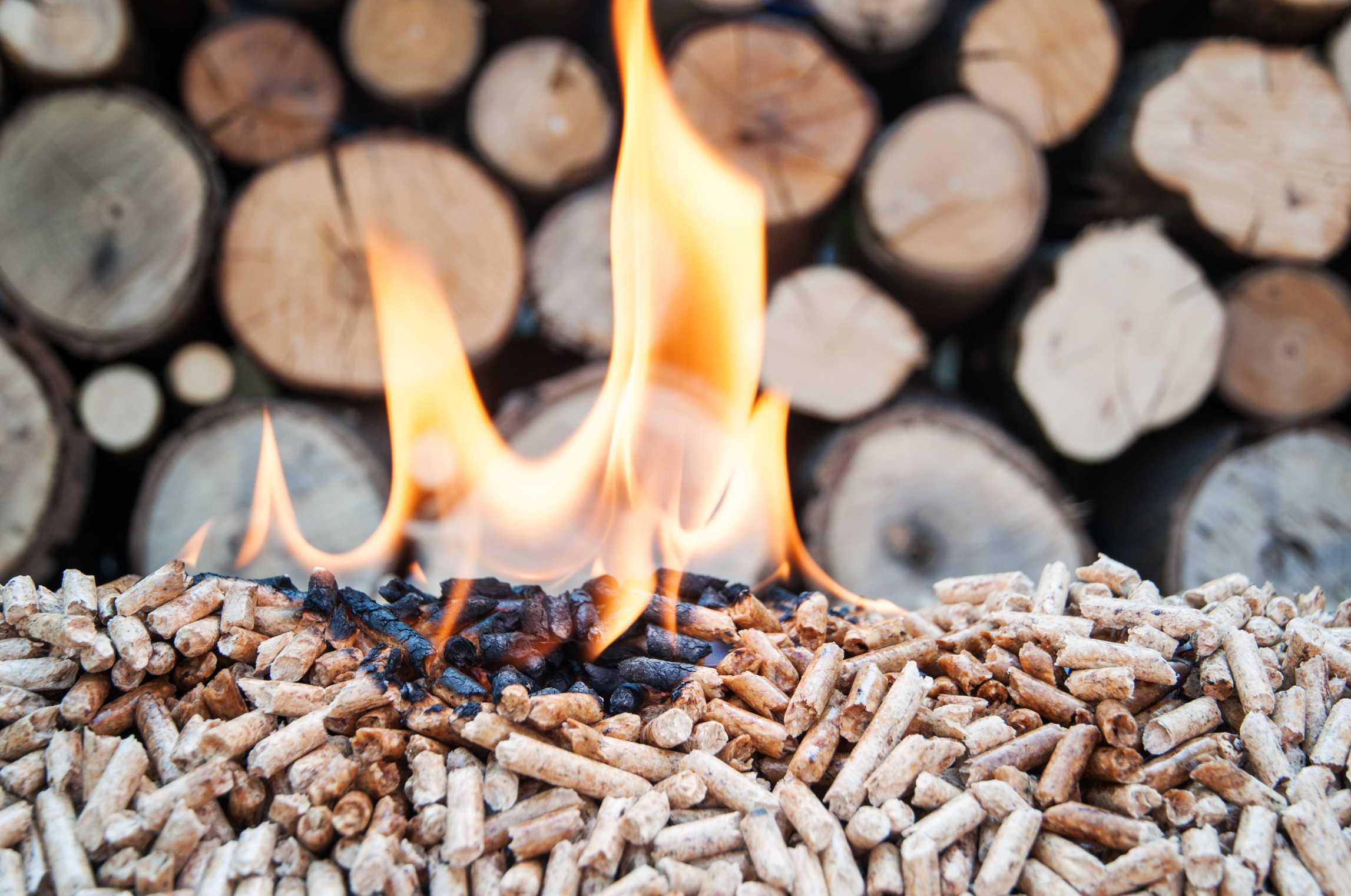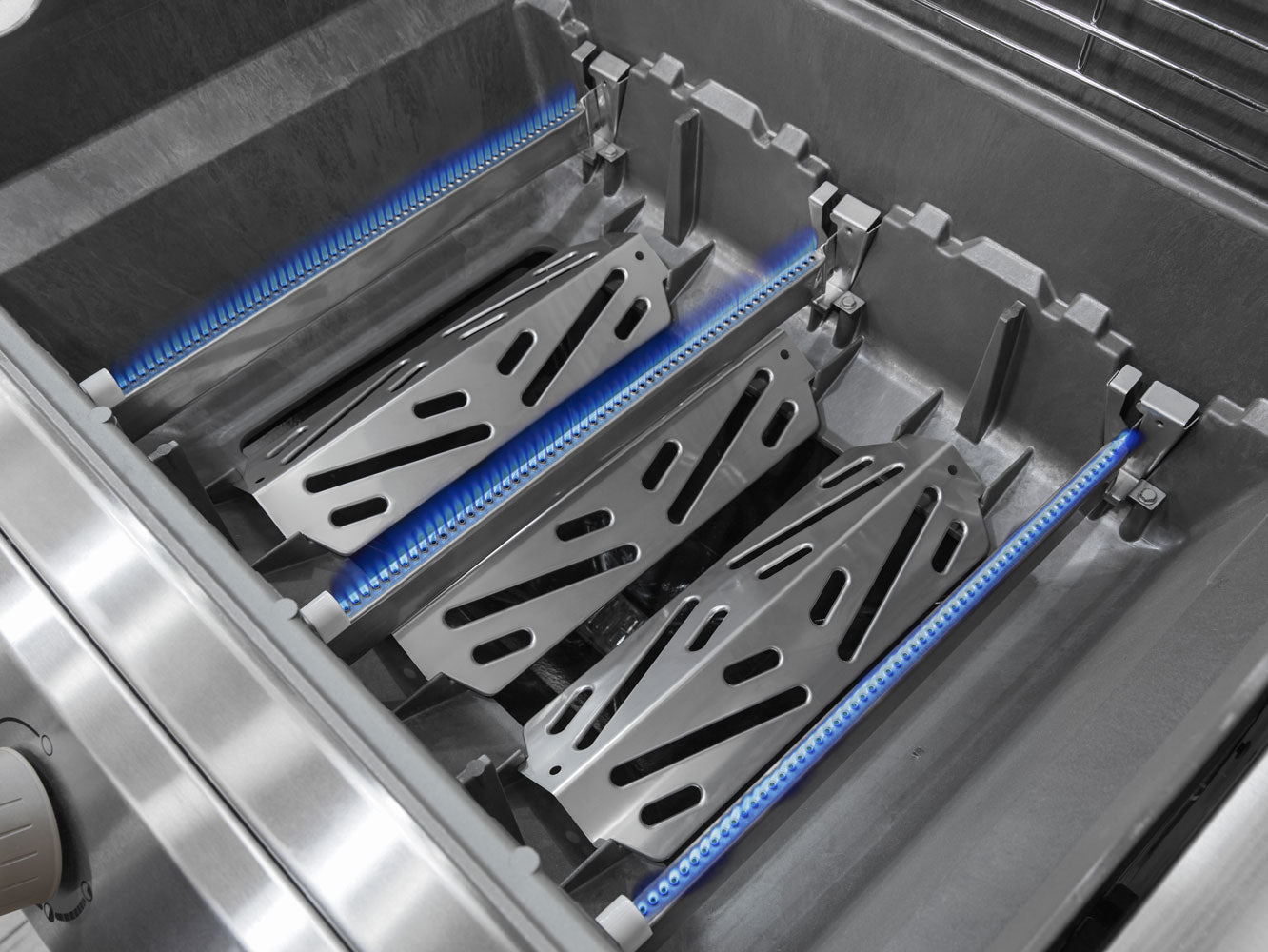Can you Convert a Weber Propane Gas Grill to a Natural Gas Grill?
Are you tired of constantly running out of propane tanks for your Weber propane gas grill? Are you looking for a more convenient and sustainable solution for your outdoor cooking needs? Look no further, because converting your propane gas grill to natural gas is a feasible option!
Natural gas grills are becoming increasingly popular due to their convenience and cost-effectiveness. Unlike propane gas grills, natural gas grills are connected to a permanent gas line and do not require the use of propane tanks, making them a great option for those who love to grill often. However, it’s important to know that not all gas grills are designed to be converted from propane to natural gas, and it’s important to take the necessary precautions when doing so to ensure the safety of yourself and others.
Why Convert Your Weber Propane Gas Grill to Natural Gas?
There are several reasons why you might want to convert your Weber propane gas grill to natural gas. These reasons include:
- Convenience: With a natural gas grill, you’ll never run out of fuel in the middle of cooking your liquor infused meats because it is connected to a permanent gas line. This means no more running to the store to buy propane tanks, and no more hassle of having to refill them every time they run out.
- Cost-effective: Natural gas is generally cheaper than propane, so over time you’ll save money on fuel costs by switching to natural gas.
- Eco-friendly: Natural gas is a cleaner burning fuel than propane, which means that it produces fewer emissions and is better for the environment.
Is Your Weber Propane Gas Grill Convertible?
Before you start converting your Weber propane gas grill to natural gas, it’s important to know if it is actually convertible. Not all propane gas grills can be converted to natural gas, and attempting to do so with a non-convertible grill can be dangerous. To find out if your grill is convertible, check the owner’s manual or contact Weber’s customer service department.
If your Weber propane gas grill is convertible, then you’re in luck! Weber offers natural gas conversion kits for many of its propane gas grill models. These conversion kits come with everything you need to convert your grill, including the necessary fittings and hardware.
What You Need to Convert Your Weber Propane Gas Grill to Natural Gas
To convert your Weber propane gas grill to natural gas, you will need the following items:
- Weber Natural Gas Conversion Kit
- Adjustable Wrench
- Teflon Tape
- Pipe Thread Sealant
- Natural Gas Line
Step by Step Guide to Convert Your Weber Propane Gas Grill to Natural Gas
Now that you have all the necessary items, you’re ready to convert your Weber propane gas grill to natural gas. Follow these simple steps:
Step 1: Turn off the Gas Supply
Before you start any work, it’s important to turn off the gas supply to the grill. If your grill is connected to a gas line, locate the valve that controls the gas supply and turn it off. If you have a propane tank connected to the grill, simply remove the tank and disconnect the hose from the grill.
Step 2: Disconnect the Propane Hose
Next, you need to disconnect the propane hose from the regulator and the grill. Use the adjustable wrench to loosen the nuts that connect the hose to the regulator and the grill. Once the nuts are loose, gently pull the hose away from the grill.
Step 3: Install the Natural Gas Conversion Kit
Take the natural gas conversion kit and follow the instructions provided to install it. This may involve removing the propane components from the grill and replacing them with the natural gas components. Be sure to tighten all connections securely with the adjustable wrench and apply Teflon tape to the threads to ensure a leak-free connection.
Step 4: Connect the Natural Gas Line
Once the natural gas conversion kit is installed, you need to connect the natural gas line to the grill. Start by applying pipe thread sealant to the threads on the natural gas inlet on the grill. Then, connect the natural gas line to the inlet and tighten the connection securely with the adjustable wrench.
Step 5: Test the Connection
After the natural gas line is connected to the grill, it’s time to test the connection. Turn the gas supply back on and check for any leaks. You can use a solution of soap and water to check for leaks by brushing it over all the connections and watching for any bubbles to form. If you do see bubbles, tighten the connection again and recheck for leaks. Repeat this process until no leaks are present.
Step 6: Light the Grill
Once you have confirmed that there are no leaks, it’s time to light the grill and enjoy some bourbon, gin, or rum infused sausage, burgers, and hot dogs! Follow the instructions provided by Weber to light the grill and adjust the burners to your desired heat setting. It’s important to let the grill run for a few minutes to ensure that it is working properly and to allow any residual propane to burn off.
Conclusion
Converting your Weber propane gas grill to natural gas is a great way to make your outdoor cooking experience more convenient and cost-effective. With a permanent gas line, you’ll never have to worry about running out of fuel in the middle of cooking again. Just be sure to follow these steps carefully and use caution when working with gas connections to ensure the safety of yourself and others. Grilling is better with Booze Dogs!




Leave a comment
This site is protected by hCaptcha and the hCaptcha Privacy Policy and Terms of Service apply.